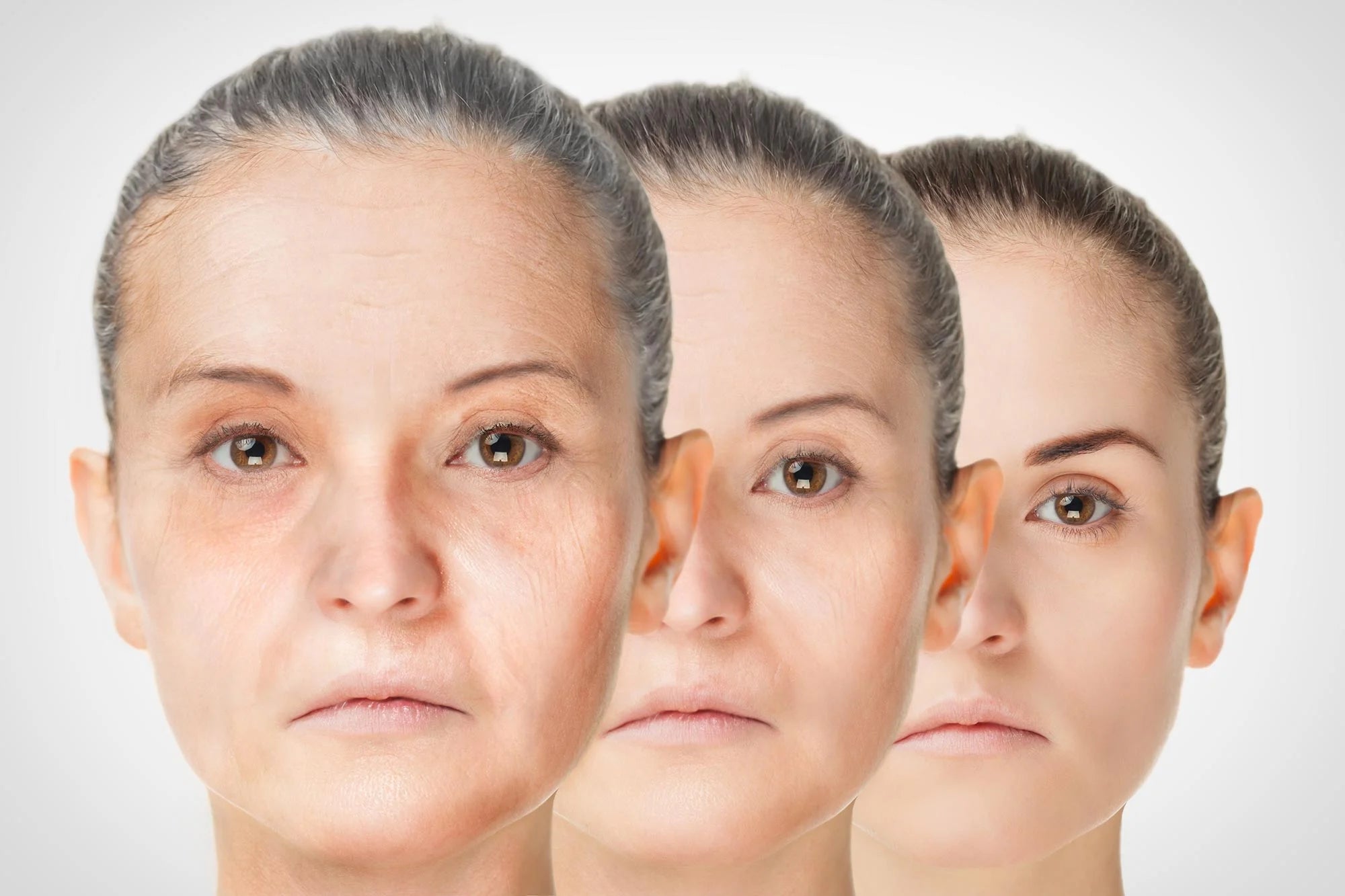Aging, a natural process inevitable to all living beings, has long been a subject of fascination and concern. While the concept of halting or reversing aging might have seemed far-fetched in the past, contemporary scientific breakthroughs are bringing this idea closer to reality. Today, we delve into the latest advancements in anti-aging technology, aiming not only to understand the science behind it but also to explore the emotional significance it holds for humanity.
Understanding Aging: Causes and Effects
Genetic Factors
The aging process is deeply intertwined with our genetic makeup. Exploring the role of telomeres, the protective caps on our chromosomes, has been a focal point in understanding cellular aging. Scientists are investigating ways to lengthen these telomeres, potentially extending cellular lifespan.
Environmental Influences
Beyond genetics, environmental factors play a significant role in aging. Exposure to pollutants, UV radiation, and lifestyle choices like smoking or a poor diet can accelerate aging. Breakthrough research targets these external influences to mitigate their effects on the aging process.
Breakthroughs in Anti-Aging Research
Telomere Lengthening
Advancements in telomere research offer hope for extending cellular life. Scientists are experimenting with telomerase, an enzyme capable of elongating telomeres, potentially slowing down cellular aging and promoting longevity.
Senolytics: Removing Senescent Cells
Senescent cells, accumulated with age, contribute to tissue degeneration and inflammation. Novel therapies involving senolytics aim to selectively eliminate these cells, promote tissue regeneration, and potentially reverse age-related damage.
Emerging Technologies in Skin Rejuvenation
Nanotechnology Applications
Nanotechnology introduces groundbreaking methods for skin rejuvenation. Nano-scale particles deliver nutrients and antioxidants deep into the skin, combating wrinkles and promoting youthful skin.
Stem Cell Therapy
Stem cells hold immense potential in regenerative medicine. Their use in anti-aging involves stimulating cell renewal, repairing damaged tissues, and rejuvenating aging organs.
Lifestyle and Anti-Aging: Diet, Exercise, and Stress Management
Beyond technological advancements, lifestyle choices significantly impact aging. A balanced diet, regular exercise, and stress management techniques not only enhance overall well-being but also slow down the cellular aging process.
Ethical Considerations in Anti-Aging Advancements
While the potential of anti-aging technology is promising, ethical considerations surrounding its use and accessibility are crucial. Questions about equity, safety, and societal implications arise as these breakthroughs progress.
Future Prospects and Potential Challenges
The future of anti-aging technology appears promising, yet challenges persist. Regulatory hurdles, ethical dilemmas, and ensuring widespread access pose significant challenges on the path to realizing the full potential of these advancements.
conclusion: The realm of anti-aging technology embodies hope and curiosity. While breakthroughs offer glimpses into a future where aging might be malleable, ethical and societal considerations remain pivotal in navigating this transformative landscape.

